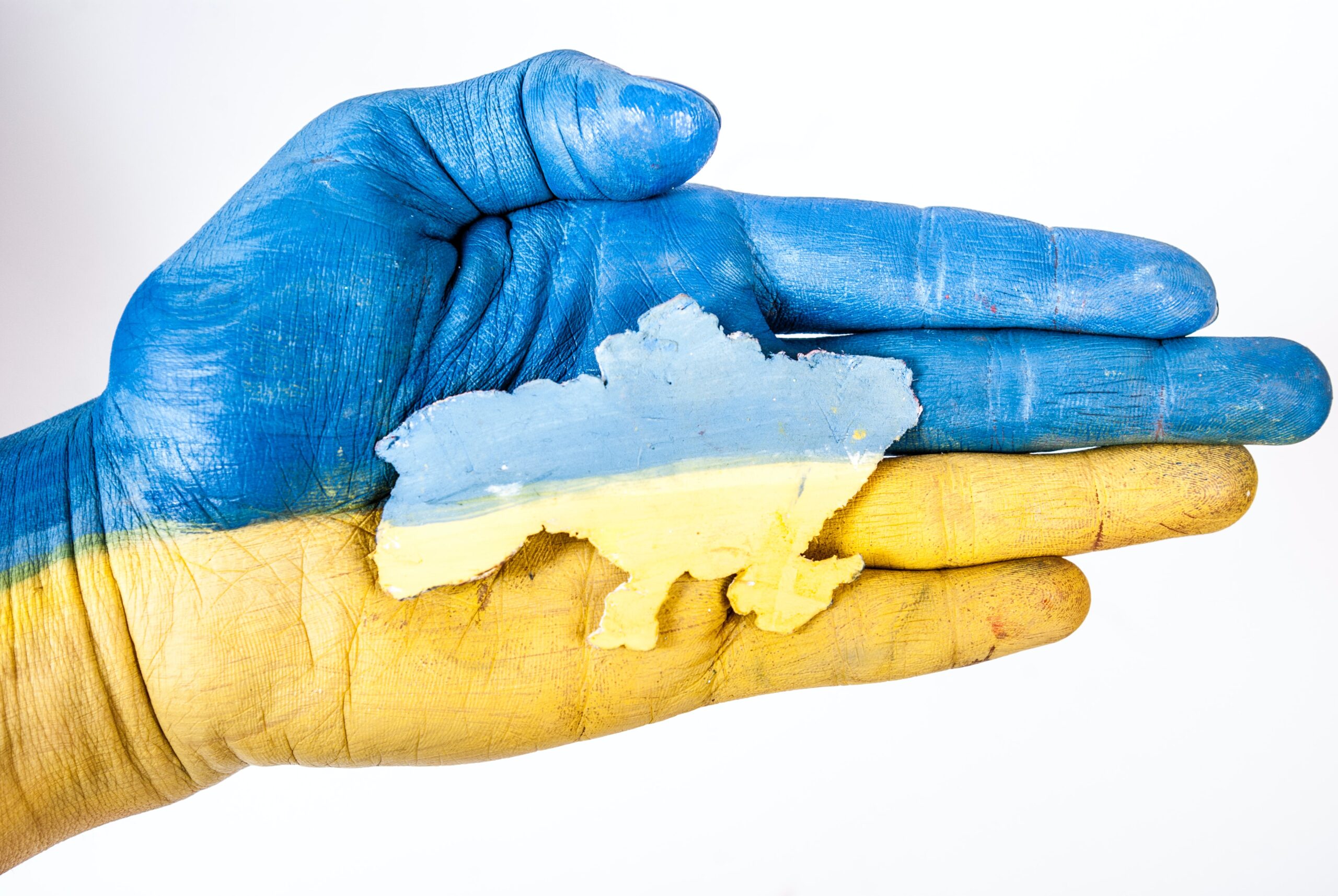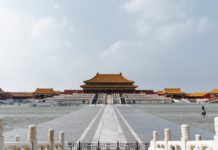2017 marks the 60th anniversary of the Treaty of Rome which created the European Economic Community, the ante-sala of the European Union and its four underpinning liberties which all EU citizens enjoy today. The preamble of the Treaty of Rome noted that the signing states were DETERMINED to lay the foundations of an ever-closer union among the peoples of Europe and RESOLVED to ensure the economic and social progress of their countries by common action to eliminate the barriers which divide Europe.
The Treaty of Rome was the culmination of years of post-war negotiations that kickstarted with a visionary declaration by the then French foreign minister Robert Schuman, on 9 May 1950. In his Declaration, Schuman stated that World peace cannot be safeguarded without the making of creative efforts proportionate to the dangers which threaten it AND that Europe will not be made all at once, or according to a single plan. It will be built through concrete achievements which first create a de facto solidarity.
This vision was successfully followed by a number of countries way larger (28) than the original six signatories of the Treaty of Rome. It has, however, suffered significant blows over the last decade, of which the most serious is the poor management of the twin financial and euro crises. As a result, many are calling for the dismantlement of the Union to return to the fiction of full sovereignty, including total border control, parliamentary agility and judicial independence. The dramatic Brexit vote in 2016 is the best expression of this ill-fated sentiment which has spread to many European states.
But to end the European integration process would be a terrible mistake. The vision expressed by Schuman and which laid the ground for the many treaties that followed remains as valid today as it did in 1950. Against the forces of bigotry that once again emerge in the wake of a terrible economic recession, the European Union remains a beacon of hope and a force for good. Against protectionism, it constitutes the most successful economic integration in the history of mankind. Against populist and backward forces, it provides stability and balanced progress.
Like all great institutions, the European Union needs reform if it is to reverse the course of its wading legitimacy, trust and credibility. And to achieve reform it requires great leadership, courage and political skill. In this respect, Jean-Claude Juncker’s White Paper is a step in the right direction but a very timid one and perhaps even a missed opportunity. Rather than laying out the Union’s possible paths, what the Union requires is firmer steps. Instead of reflection and contemplation, it requires determination and, in the words of Schuman, concrete achievements.




























